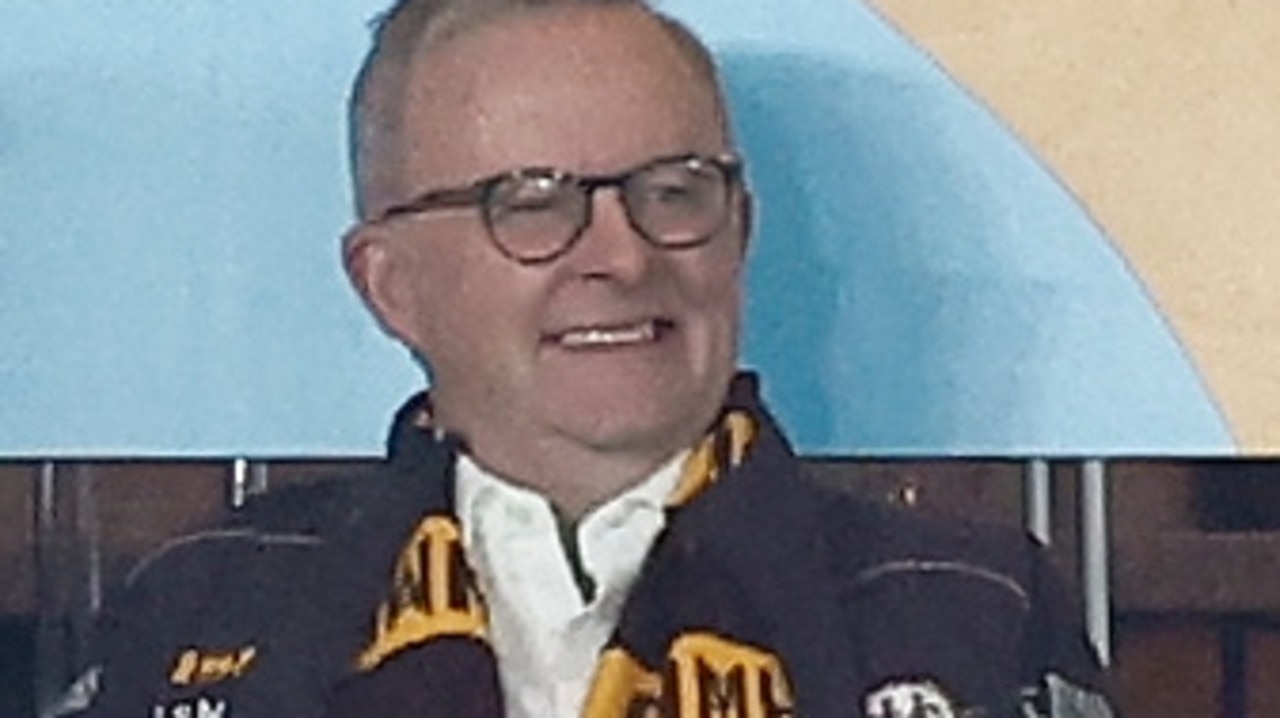Wooley: Ceremony for many has worn out its welcome
Councillors around Australia are saying Welcome to Country ceremonies are over done, are all about the past and do nothing to unify our country, observes Charles Wooley
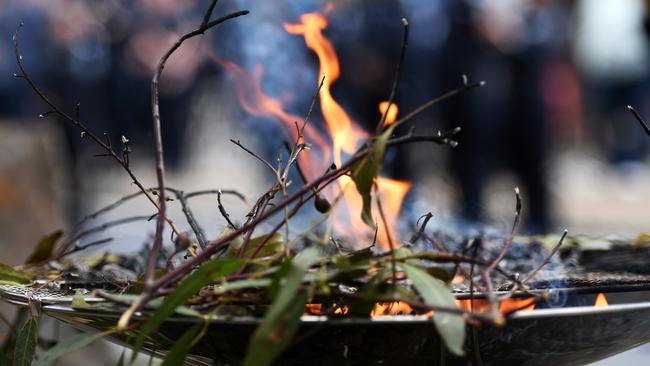
Opinion
Don't miss out on the headlines from Opinion. Followed categories will be added to My News.
Since the failure of the Voice to Parliament referendum a number of local councils across Australia have been considering the abolition of Welcome to Country ceremonies.
“I think everyone has had enough. It’s at every footy game, school event or concert.” At the beginning of this year, it was Craig Carbone a councillor for the Western Australian shire of Harvey who led the reaction.
“People are sick of it,” he said. “I’m not being a racist at all, I’m saying we should embrace all cultures. Forget about the colonial past and get along with the multicultural state.”
By his name, I assume Mr Carbone at some time hailed from Italy. And going by the Latin language he is the descendant of coal miners.
Appropriate enough as he is prospecting a mother lode of resentment which on both sides of the argument could continue to divide this nation for decades. But hopefully not so damaging as the recent referendum where Albo unwisely dragged our nation into the deepest division I have seen since the Vietnam War.
So it’s not surprising that in these divided times some Australian local councils have been kicking the welcome can down the country road. It’s an easy target in the right market.
In the Broken Hill Council, the mayor Tom Kennedy posed the not unusual question, “Why do we need to be welcomed to our own land?”
In the end the council voted the traditional owners would still be invited to perform the rites but would no longer be paid for them. Previously the council had been paying up to $250 for the welcome and $300 for a smoking ceremony.
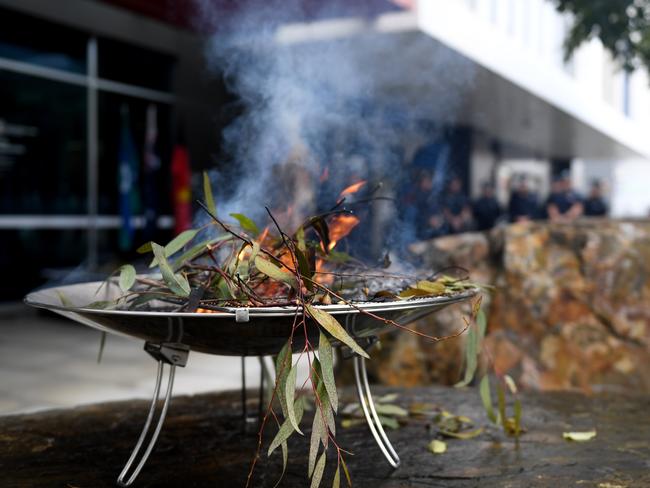
In Western Sydney, Cumberland City councillor Steve Christou argued that “It’s time we ended this obsession of dividing the country …. in order to represent a minority of three per cent.”
Even in the moderate quietude of Hobart the often-outspoken councillor Marti Zucco told me this week, “It’s mind blowing. Ten minutes of Welcome to Country at the beginning of every event.
“And we don’t need to keep hearing it every five minutes.
“I think it is divisive and it’s all about the past and not about working towards our multicultural future.”
Marti Zucco is a man in whose lexicon the words “no comment” do not appear. I asked him in these politically correct and sensitive times if this wasn’t a case of a councillor rushing in where even journalists fear to tread.
“How can I ever be accused as racist?” he demanded.
“I am of Italian origin with an Asian partner. How can I be racist?”
I don’t think he is ‘racist’ and I believe we would all be better to avoid the casual use of that word.
While I do have some personal experience of the ceremonies in question, my views here are completely unrelated to the fact that I am the deputy mayor of what I like to call ‘the happy shire’ of Sorell.
My opinion in no way reflects any council attitude, nor indeed have I ever discussed these ubiquitous ceremonies with anyone concerned.
Over the causeway it’s not a controversial council issue.
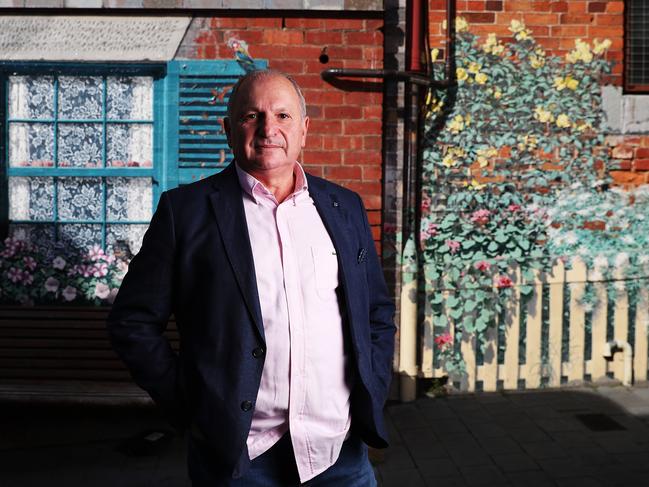
But that said, it is so complex I’m not sure in this mere opinion column that I even have a firm opinion.
It’s a place no one wants to go.
I am aware of the growing community feeling that the welcome ceremonies are awkward, not always fit for purpose and that the recognition should be made only once at the beginning of an event. Not repeated many times by every speaker.
Certainly, the ritual should be encompassing of the whole nation and perhaps a touch more diplomatic, given the recent absurdity of the Greens housing spokesman at the Canberra Press Club, telling his audience to “recognise that we are on stolen land.”
Surely this is Australia, not the Middle East.
The Welcome to Country ceremony as white Australia has come to know it is of recent origin. The Indigenous Australian actor and television presenter Ernie Dingo cites the summer of 1976 at a Perth music event as the birth of the tradition.
While welcomes to country between Indigenous Australians go back thousands of years,
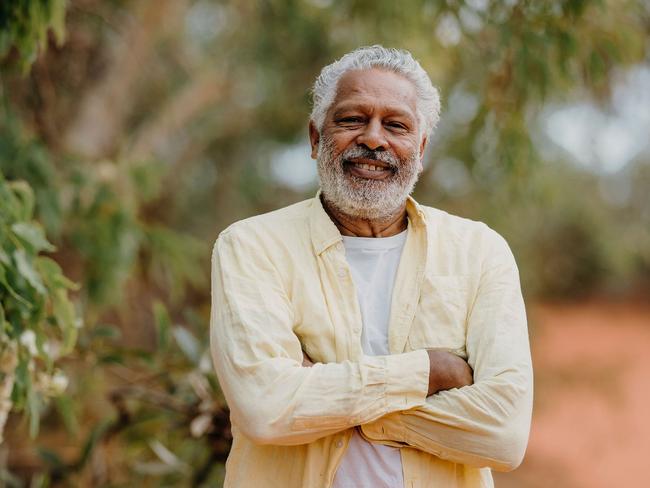
Dingo says the 1976 event was the first to be performed for non-Indigenous Australians. At the time he said, before that occasion, “We couldn’t do it to white people because they wouldn’t understand, and there was too much negativity.”
Half a century later there is a stronger recognition in Australia that history is important and should certainly temper our present demeanour. Ideally, shared and understood collective memories of past wrongs and historical grievances ought to bring us together rather than be used as easy slogans to pull us apart.
Prior occupancy is a perfectly legitimate claim. But is there at some time a statute of limitations?
It would be facile here to argue the ancient Brits have a claim against the Romans, nor the Saxons against the Norman Conquest in 1066.
Nor the Northumbrians against the Vikings for invasions as far back as 793.
Over vast reaches of time, resentment might reasonably be expected to fade, but certainly not in the historical short-term of two centuries.
My mob, the highland Scots, were cleared out of the ‘auld country’ after a terrible defeat by the English at Culloden in 1746.
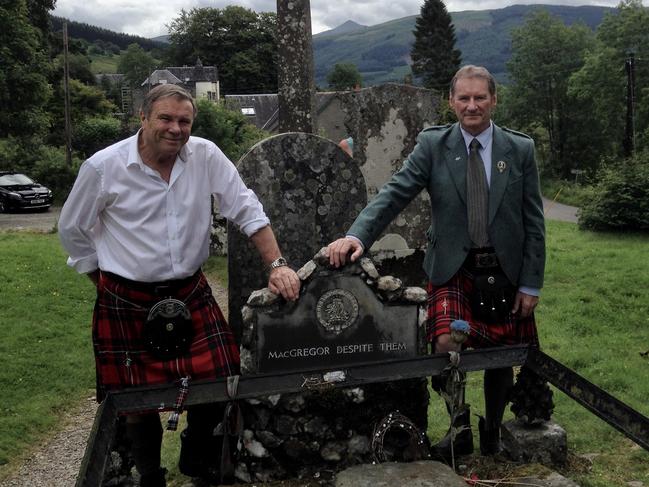
It was almost as recent and still as visceral as Australia’s colonisation in 1788. The Scots fled to America and Canada and later to Australia and New Zealand.
I grew up with such people. Theirs was a culture of dispossession.
Over generations their songs, “The bonny, bonny, banks of Loch Lomond”, if you listen to the words, are actually about English persecution, conquest and murder.
Like the Irish “Danny Boy” they are the sweet sounding, but bitter music of people who lost everything.
As a much younger reporter I visited Wybalenna on Flinders Island. It had been a British internment camp for the remnant population of expelled Tasmanian Aborigines.
An elderly woman, a descendant of those inmates, told me how they could see the distant mountains of their homeland and how they would sing songs of lament for what had been lost.
It struck me then how much dispossession is a common human story. And since the time of convict transportation how much it must also be the white Tasmanian story as well as the black.
“If you don’t know, vote NO” was an easy slogan from one side of the so-called ‘history wars’.
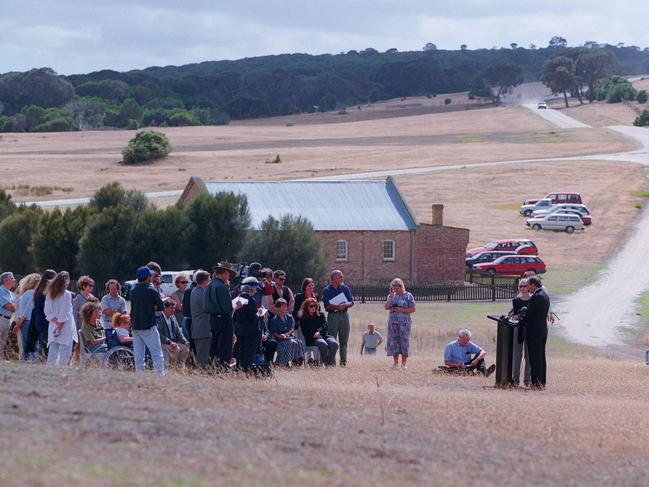
The 60:40 referendum defeat was the biggest political misreading in recent history.
How unfortunate that instead we didn’t initiate a second referendum on the republic. Albo missed it, but the time might have been right.
And had we voted YES there would be no need for a Welcome to Country.
It would be everyone’s country no matter how long ago nor how recently they joined up.
There would be no argument about ‘Invasion Day’.
We would have Independence Day.
It would have been a reset of history and a new beginning for everyone.
I don’t suppose anyone is up for another referendum.
Charles Wooley is a Tasmanian-based journalist





